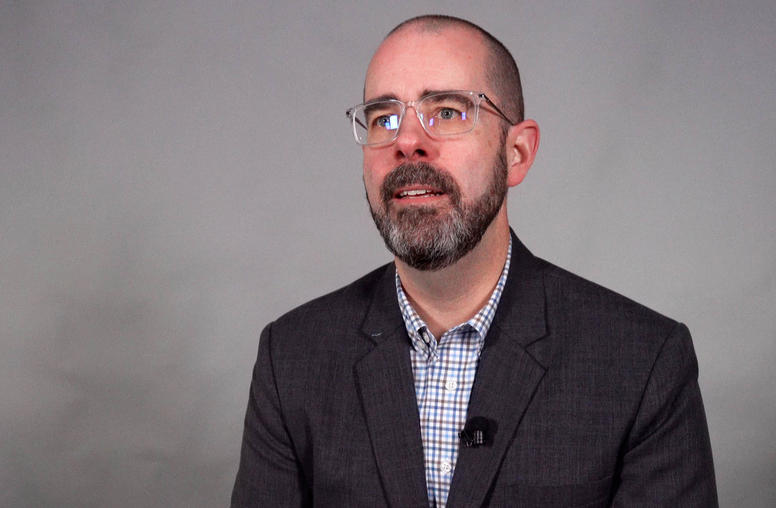Religion and Peacemaking: Reflections on Current Challenges and Future Prospects
To mark USIP's Religion and Peacemaking program's ten-year anniversary, USIP hosted a workshop to reflect on what the wider field of religious peacebuilding has achieved and how best to move forward over the next decade.
Read the event coverage, Experts Examine Religious Peacebuilding at USIP
Religion has been a source of conflict throughout human history, but religion can also be a tremendous force for peacebuilding.
For ten years, USIP’s Religion and Peacemaking program has helped lead an evolution of the field. There has been a demonstrated interest in engaging religious leaders in efforts to advance conflict management and peacebuilding. Religious peacebuilding is now integrated into U.S. government policies.
To mark the program's anniversary, USIP hosted a workshop to reflect on what the wider field of religious peacebuilding has achieved and how best to move forward over the next decade. On November 9, a panel of practitioners, policymakers and academics addressed the challenges and opportunities of religious peacebuilding and how outside actors, including the U.S. government, can support such opportunities.
Speakers:
- Richard Solomon, Introductory comments
U.S. Institute of Peace - Joshua Dubois
White House Office of Faith-Based and Neighborhood Partnerships
- Suzan Johnson Cook
Ambassador at Large for International Religious Freedom - Scott Appleby
Kroc Institute for International Peace Studies - Rabbi Michael Melchior
Mosaica Center for Inter-Religious Cooperation - Jackie Ogega
Religions for Peace - Qamar-ul Huda
U.S. Institute of Peace - Mohammed Abu-Nimer
American University - David Smock, Moderator
U.S. Institute of Peace



